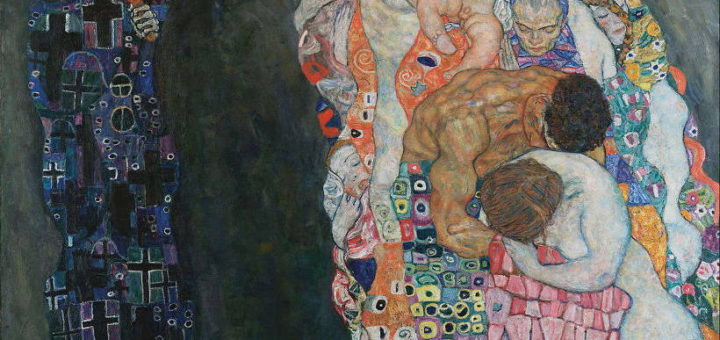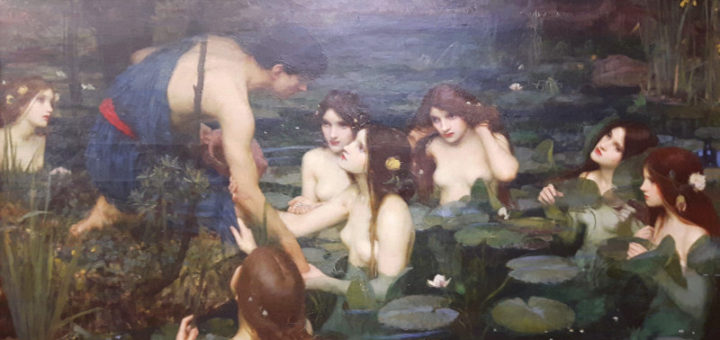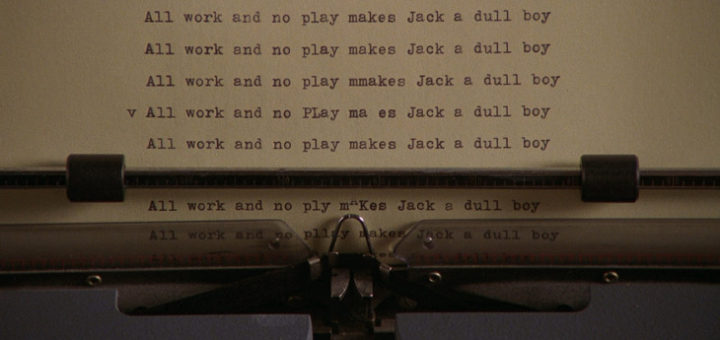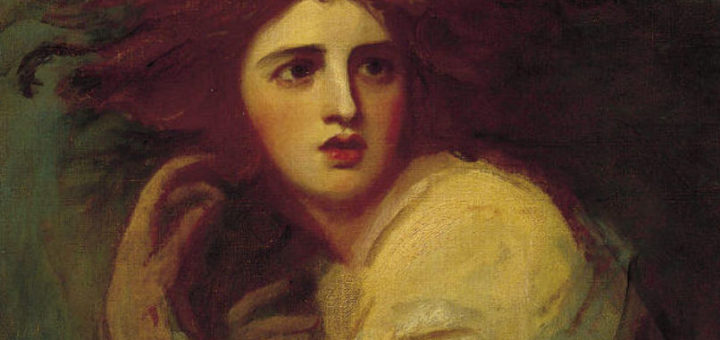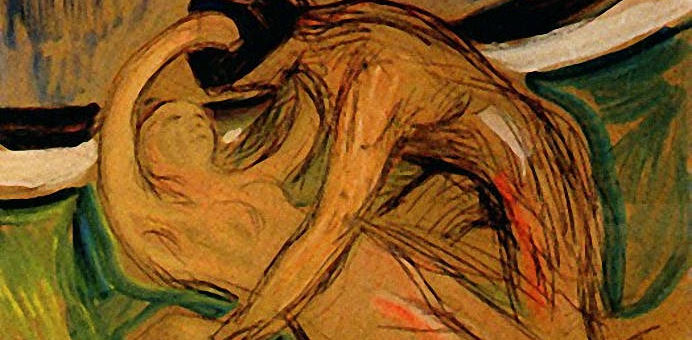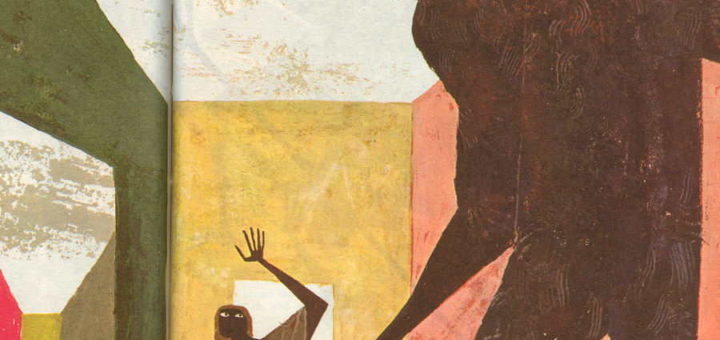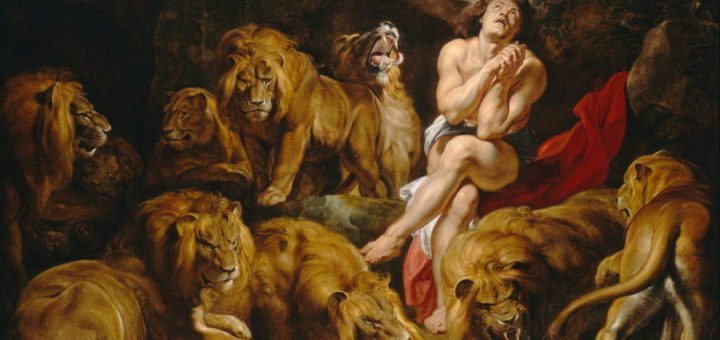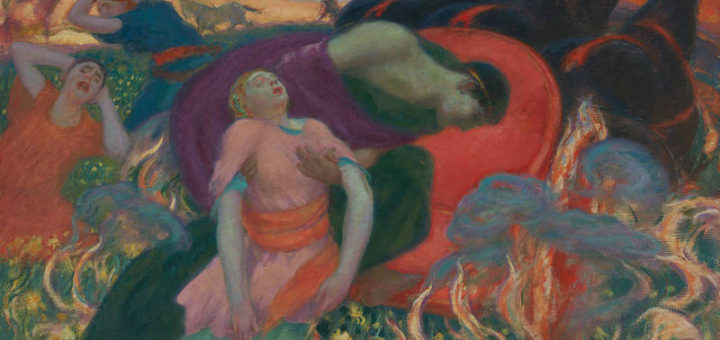Death in the Iliad: Reports and Responses
‘She had told the lovely-haired maids in her house to set a great three-legged cauldron over the fire, so there could be hot water for Hektor’s bath when he came home from battle – poor child, she did not know that far away from any baths bright-eyed Athene had brought him down at the hands of Achilleus’.
